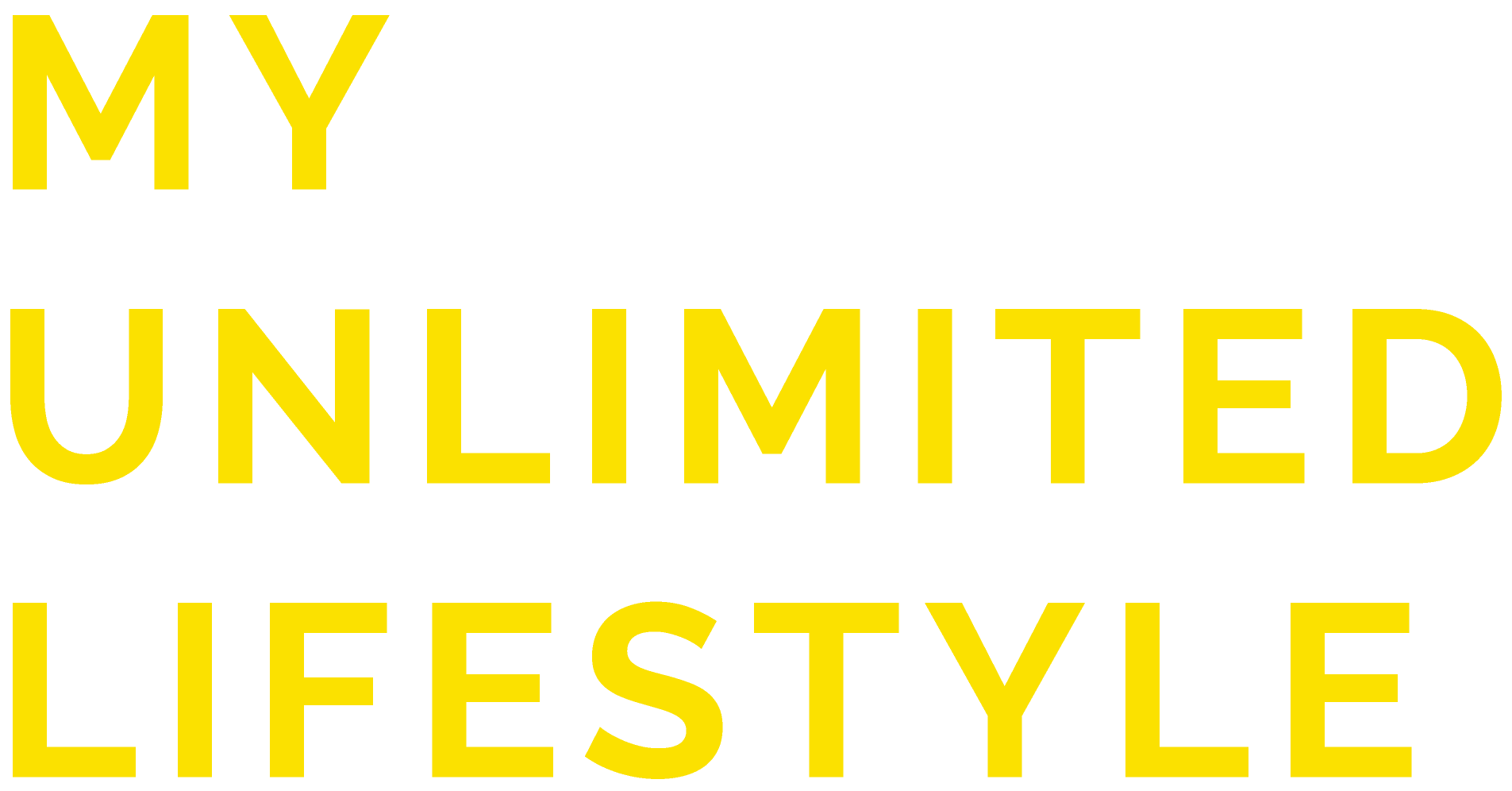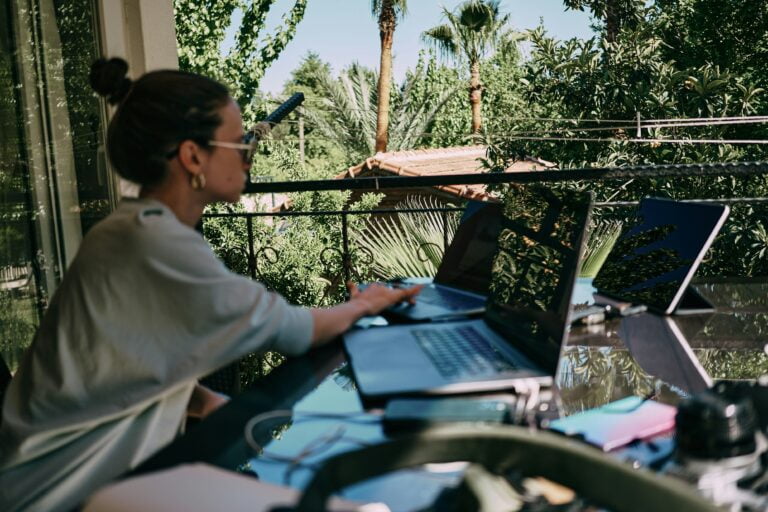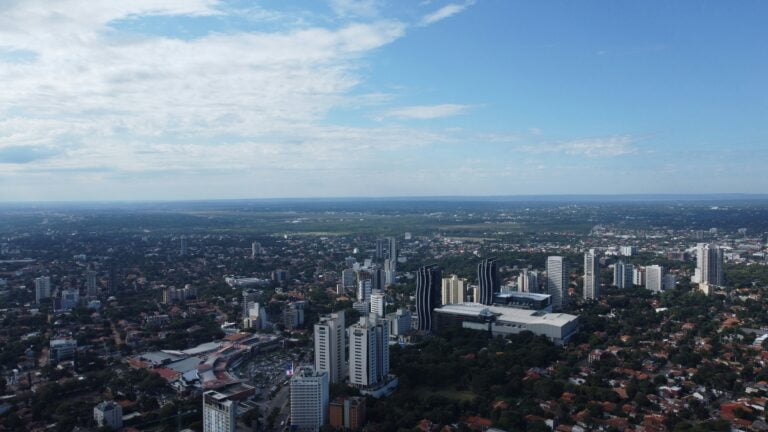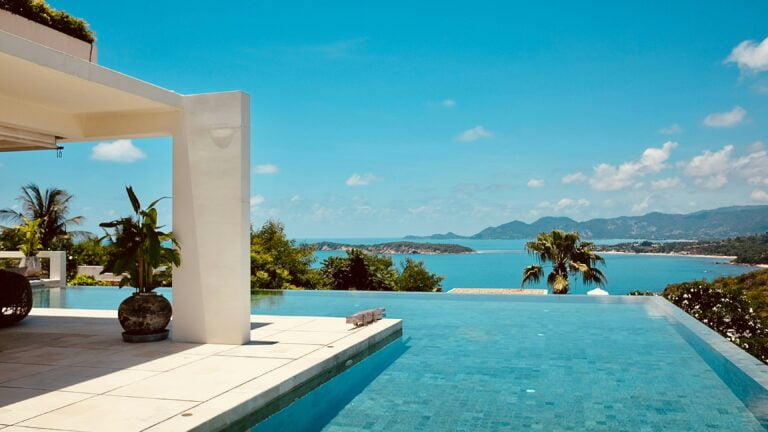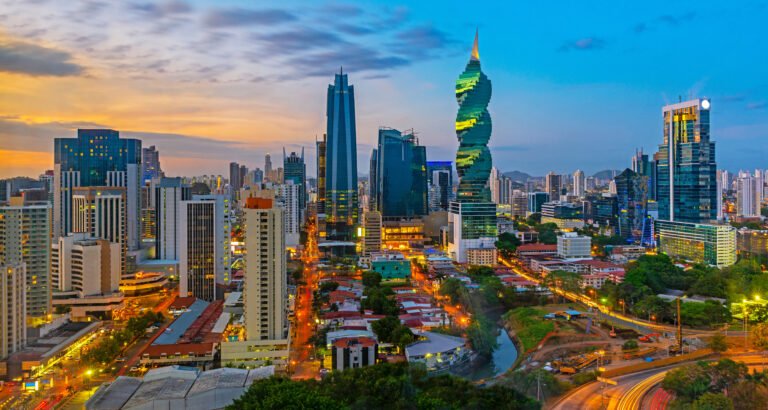Grenada citizenship investment program is other option you have, if you would like to get a second citizenship for you, or your family. Grenada, surname Isle of Spice, island country of West India. It is the southernmost island of the North-South Arch of the Lesser Antilles, located in the eastern Caribbean Sea about 100 km north of the coast of Venezuela. The island has an oval shape and is approximately 34 km long and 19 km wide. The Southern Grenadines – the largest of which is Carriacou, about 32 km northeast with an area of 34 km2 – are dependent.
Capital, St. George’s, on the southwest coast, is also the main port with a beautiful natural harbor and its picturesque pastel-colored houses rise from the hillside of the waterfront. The waterfront itself is known as Carenage because the island schooners were once exposed there (to the beach for cleaning or repair). St. George’s is a yacht and charter center in the Eastern Caribbean.
In 1974 Grenada achieved independence within the community and membership of the UN. It was the first of the six associated states of West India.
Grenada citizenship investment program and information about the country
History
At the end of the 18th century the British imported large numbers of slaves from Africa to work on sugar plantations. In 1795 and 1796, when French politics favored the abolition of slavery, there was an uprising against British rule, led by a French grower and supported by the French in Martinique. The rebels massacred a number of British, including Lieutenant, but the rebellion was suppressed. The emancipation of slaves finally came into force in 1833.
Grenada was the seat of the British Government of the Windward Islands from 1885 to 1958, when Grenada joined the West Indies. The Federation ended in 1962, after which Grenada attempted to federate with the remaining territories on the windward islands, as well as with Barbados and the Leeward Islands. On 3 March 1967, however, the island became a self-governing state in conjunction with the United Kingdom.
Independence
In a general election in August 1967, the Grenada defeated the United States Labor Party (GULP) the Grenada National Party (GNP) and took office under the premiere of trade union expert Eric M. Gairy. Grenada became an independent nation on February 7, 1974. The transition was marked by violence, strikes and controversy centered on Gairy, who was appointed prime minister. Opposition to Gairy’s government has steadily increased, and a coalition called New Jewel Movement (NJM), along with other opposition parties, has managed to reduce the majority of the GULP in parliament in the 1976 elections. On March 13, 1979, while Gairy was out of the country, the NJM introduced a bloodless coup, proclaimed the People’s Revolutionary Government (PRG), and appointed their leader, Maurice Bishop, as prime minister. The new government faced opposition from the Western nations for its socialist principles and the considerable help it had begun to receive from Cuba, but embarked on an economic recovery program that had been thwarted by Gairy. The administration of the PRG was terminated in October 1983 by a military coup during which Bishop was killed.
Less than a week later, on October 25, the US invasion of the island overthrew the coup leader and returned power to Governor-General Sir Paul Scoon. In December, Scoon appointed Nicholas Braithwaite, a former official of the Commonwealth, to chair the Government Council until elections could be held, and the constitutional government was restored. Peacekeepers remained until 1985. The elections held in December 1984 were won by the new National Party (NNP) headed by Herbert A. Blaize, who led the government in the 1960s. The new government sought to revive tourism, but the ongoing economic problems of Grenada during the late 1980s contributed to the government’s declining popularity. After the March 1990 elections, Braithwaite, whose National Democratic Congress (NDC) fell to one seat of a shy parliamentary majority, was appointed Prime Minister by Scoon.
In 1992, Grenada reopened diplomatic relations with Cuba, which were broken at the time of the US intervention. Braithwaite’s announcement in 1994 that he would resign when the NDC leader set the stage for the 1995 NNP elections, whose leader, 47-year-old Keith Mitchell, became prime minister. In 1997 Mitchell made an official visit to the Cuban Pres. Fidel Castro, against the objections of the Democratic Labor Party, which criticized Cuba for human rights. However, Mitchell signed an economic cooperation agreement with Cuba. In the general election of 1999, Mitchell was returned as Prime Minister when the NNP swept all 15 seats in the House of Representatives. The Truth and Reconciliation Commission was appointed next year to investigate the cataclysmic political events that occurred on the island from January 1976 to December 1991.
In the early 21st century, when the offshore abuse of the Caribbean banking industry began to emerge in a tax haven, Grenada found itself in the crosshairs of the Paris Financial Action Group (FATF), which describes the Grenada system for tackling money laundering as “serious deficiencies.” One day in March 2001, 17 Grenadian banks were closed, all linked to Grenada’s First International Bank, which collapsed in October 2000, bringing mainly US $ 150 million in depositors’ money. By 2003, following the adoption of anti-money laundering laws, Grenada had been removed from blacklists imposed by the FATF and the US Treasury, but only five offshore banks still operated in the country.
In the general election of 2003, Mitchell retained his presidency for the third consecutive term, when the NNP barely held power, won 8 seats in the house on 7 seats secured by the NDC. Soon after, Mitchell became the subject of an investigation into allegations that he had received $ 500,000 from Eric Resteiner, a German national, in exchange for his appointment as Resteiner as Trade Ambassador to Grenada.
Hurricane Ivan caused confusion in Grenada in September 2004, causing the deaths of at least 39 people and destroying almost all of the country’s agricultural economic infrastructure and most tourist facilities. It is estimated that 90 percent of homes were damaged. The total damage was estimated at about $ 815 million. Which now has been repaired and therefore, it is easy to consider Grenada citizenship investment program as an option.
In 2008, the committee of inquiry concluded that it could not find any evidence that Mitchell had received bribes on resteiners. However, in the general elections held in July, the NDC convincingly dropped the administration of Mitchell’s NNP, with a 11 to 4-digit majority in Parliament. NDC leader Tillman Thomas was sworn as Prime Minister. In 2009, as part of its efforts to restore offshore banking, the government introduced a number of reforms aimed at enhancing oversight of the sector, including the creation of a new regulatory financial agency. In 2009, the government released Bernard Coard and the other six remaining imprisoned leaders of the 1983 military coup that led to Bishop’s death. In 2010, the IMF agreed to provide a new three-year $ 13.3 million credit facility for Grenada to help mitigate the “significant adverse impact” of the global economic downturn on the country. Mitchell returned as prime minister when NNP regained all 15 seats in the 2013 municipal elections
People
Most of the population is black, descended from African slaves, and there is a large minority of mulatto and other compounds. There are also small minorities of East Indians, descendants of indented laborers who replaced liberated slaves; descendants of old French and British settlers; and newer immigrants from North America and Europe. Although English is an accepted language, older people in villages still speak of patois. Almost half of the population is Protestant. More than a third are Roman Catholic and small, but a significant portion of the population adheres to the faith of the Rastafarians and Jehovah’s Witnesses. Although Grenada is densely populated, its population grew slowly during the 20th century. Most of this is changing, thank to the Grenadas citizenship investment program, which brings more people from all around the world.
Religion
About 65 percent of the Grenadians are Roman Catholics. Most of the rest belong to Protestant denominations, which include Anglican, Methodist, Seventh-day Adventists, and Baptists. Most of Grenada’s small Indian population is Hindu. Shango, the traditional African religion, is still practiced, usually in combination with Christian beliefs. African religious practices are particularly important on the small island of Carriacou. The blending of Christian and African traditions can be seen on the island’s ceremonial boat chairs, which combine holy water, sacrificial goats and music from a large drum originating in Africa.
Political situation
Grenada is governed as a constitutional monarchy, with the British monarch being represented by the Governor-General as the nominal head of state. The executive power is vested in the Prime Minister, who is the head of the majority party in the elected House of Representatives, the lower house of the bicameral legislature. The Senate is appointed by the Governor General on the advice of the Prime Minister and leader of the opposition.
Foreign relations, useful to know when applying for Grenada citizenship investment program
The United States, China, Cuba, Venezuela and Brazil have embassies in Grenada. Recognized by most UN members, Grenada maintains diplomatic missions in the United States, Canada, China, Cuba, Belgium, the United Kingdom and Venezuela. Therefore, this can be useful with Grenadas citizenship investment program.
Grenada withdrew the recognition of Taiwan in 2004 and subsequently established relations with the People’s Republic of China. PM Mitchell shopped around for the best deal than siding with the PRC. The ROC refused to comply with GOG requirements and forced Prime Minister Mitchell to use the funding offered by the PRC as an incentive to end its relationship with the ROC. In 2007, Grenada co-organized the cricket world cup at a brand new stadium of $ 40 million. It was paid by the People’s Republic of China.
Grenada has seven foreign missions abroad – Washington D.C., London, Brussels, Caracas, Havana, Beijing and New York (UN). Grenada is also a partner of the Joint Mission and the Organization of Eastern Caribbean States in Ottawa, Canada. Grenada also operates consulates in New York and Toronto. The missions are primarily responsible for promoting Grenada’s foreign policy abroad with the host country within organizations such as the United States of America, the United Nations and the Community Secretariat.
To extend its influence and opportunities, the Government of Grenada has implemented a policy of appointing honorary consuls, ambassadors and trade commissioners at strategic locations around the world. These persons are appointed to provide benefits for Grenada and to help Grenada nationals in difficulty without increasing the government’s costs. So it should not be a problem for you to consider Grenada citizenship as a valid one.
Grenada is a member of the Caribbean Development Bank, CARICOM, the Organization of the Eastern Caribbean States (OECS), the Commonwealth of Nations and the World Trade Organization (WTO). She joined the United Nations in 1974 and then in 1975 with the World Bank, the International Monetary Fund and the United States of America (OAS). Grenada is also a member of the Eastern Caribbean Regional Security System (RSS).
Climate
Grenada in the Caribbean has the same temperatures, varies with altitude and averages 28 ° C. Precipitation is reasonable, except for Point Salines in the southwest; it varies on average from 60 inches (1500 mm) in coastal areas to over 150 inches (3810 mm) in mountain areas. The rainy season lasts from June to December. November is the wettest month, but during the next months showers often occur. Grenada lies south of the usual hurricane, but when it occurs, as in 1955, 1979 and 1980, it often causes extensive damage.
This should be all information about the Island in the Caribbean which is called Grenada. If you have any interest in obtaining the Grenada citizenship investment program, these information is good to know.
